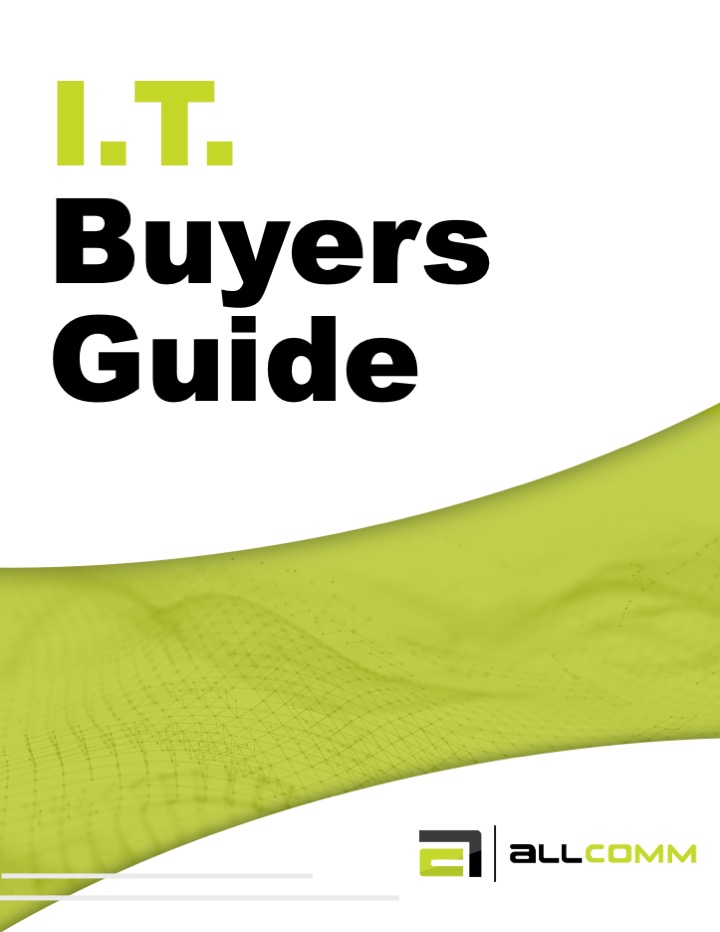
Compliance Isn’t Just for Big Companies Anymore, and Here’s Why That Matters
Not to talk your ear off, but there’s still this belief out there that compliance is just for hospitals or Fortune 500 giants. That it’s something for the big guys to worry about. But if you’re running a small shop in 2025, that kind of thinking can land you in real trouble.
These days, regulators aren’t skipping over small businesses anymore. They’re looking at everyone. And if your operation deals with sensitive data, takes credit cards, or handles any kind of personal or financial information, you’re on their radar.
The Department of Health and Human Services, the FTC, and the PCI Security Council have all tightened the rules. They’re not just handing out warnings either. They’re writing up serious fines.
I know a small health clinic that got hit with a one and a half million dollar penalty because they didn’t have the right protections in place. Their electronic records weren’t encrypted, their staff wasn’t trained on data security, and they had no clear plan for handling a breach. When trouble came, they weren’t ready. And it cost them dearly.
Something similar happened to a company that was processing credit card payments without following the required security standards. They thought their point-of-sale system was doing all the work. It wasn’t. When the fines came, they were paying thousands each month just because they didn’t know what was expected.
There’s also a new rule from the FTC that’s catching a lot of small businesses off guard. If you collect any kind of financial information, even something as simple as payment terms or credit applications, you need a written security plan, someone responsible for managing it, proper tools like multi-factor authentication, and regular system checks. If you skip these steps, you could face fines for the company and sometimes even for yourself personally. That’s not a scare tactic. That’s the reality of doing business now.
I heard about a practice that got hit with ransomware last year. They had outdated antivirus software, no real backups, and no idea what MFA was. The ransomware locked their systems, shut down operations, and triggered a major fine. But the worst part was the loss of trust. Patients stopped coming. The damage went way beyond the dollars.
Here’s the good news. Getting compliant doesn’t have to be overwhelming. You don’t need to become a lawyer or an IT expert. You just need to take smart, simple steps to protect what you’ve built.
Start with a clear risk assessment. Find out where the gaps are. Make sure your systems are protected with encryption, firewalls, and backups that actually work. Train your team so they know what to look for. And have a plan in place before things go sideways.
If you’re not sure where to start, we can help. We offer a free Network Assessment that lays everything out in plain language. No pressure. No sales pitch. Just a straight look at where your risks are and how to fix them.
Click here to book your free Network Assessment. You’ve worked too hard to let compliance be the thing that catches you off guard.



